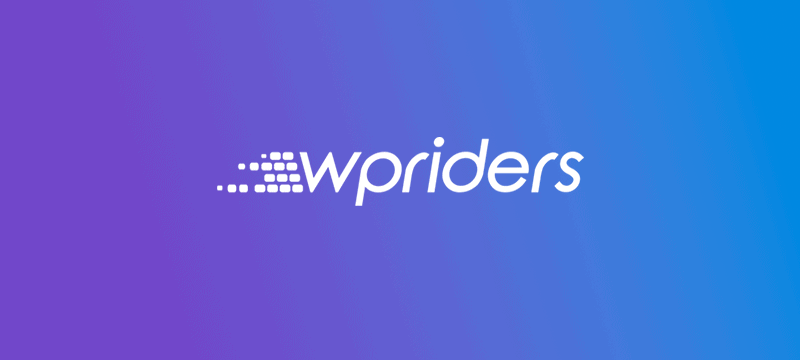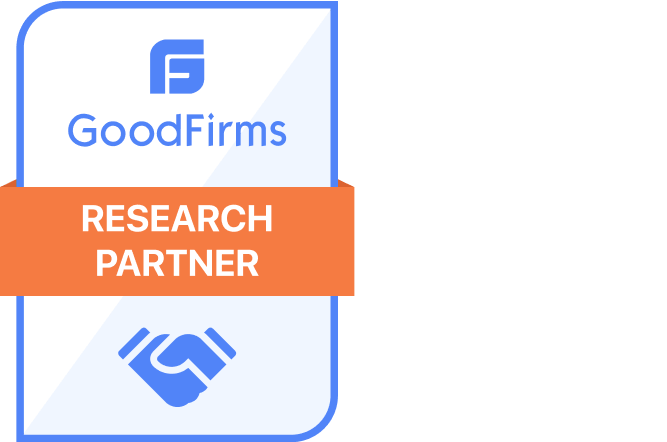AI visibility is quickly becoming the next big battleground for online attention. While most businesses are still focused on ranking in Google, early adopters are already showing up in ChatGPT responses, Perplexity answers, and AI-powered search tools.
These AI systems don’t work like search engines—they don’t list 10 results. They choose one. And if your business isn’t in that one answer, you’re invisible.
The good news? You can start optimizing for AI visibility today—without overhauling your entire site or learning complex tech.
Let’s break it down.

What Is AI Visibility—and Why It Matters for Your Business
AI visibility is the next frontier of online discoverability. Just like SEO made businesses rethink how they show up in search results, AI visibility will determine whether your brand shows up in AI-generated answers, conversations, and recommendations.
The way people search for solutions is changing. They no longer just rely on Google. Increasingly, they turn to tools like:
- ChatGPT
- Bing Chat
- Google Gemini
- Perplexity.ai
- Claude AI
- You.com
These tools don’t show traditional search results. Instead, they generate a direct answer—often based on content scraped from across the web. If your site isn’t readable and usable by AI systems, you won’t appear in those results. And that means fewer leads, fewer conversions, and missed opportunities.
From Google Search to AI-Powered Discovery
The Shift Is Already Underway
Think about your own habits. Have you asked ChatGPT to summarize a product category, find a tool recommendation, or even write a quick comparison between two services? You’re not alone.
Here’s what’s changing:
- People now expect fast, trusted answers in plain language
- They ask full questions, not just keywords
- They expect tools like ChatGPT to do the research for them
Real Stats Behind the Rise of AI Visibility
- Perplexity.ai crossed 10 million monthly users in just 12 months
- Microsoft reports that 35% of all Bing traffic now uses AI-powered Copilot
- A 2024 study by Deloitte found that 67% of professionals under 40 prefer asking AI over searching Google when researching services
That means a massive chunk of your audience may never see your website unless it’s structured for AI visibility.

Introducing AI Visibility Optimization
What Does Optimizing for AI Search Really Mean?
AI Visibility Optimization is the process of making your content accessible, readable, and usable by large language models (LLMs). These are the brains behind tools like ChatGPT and Bard.
Where SEO is about optimizing for Google’s search engine bots, AIO (AI Optimization) is about optimizing for AI language models that:
- Summarize
- Recommend
- Compare
- Link
These models don’t just “rank” you—they rewrite your content and display it in their own answers. The only way to control the narrative is by giving the AI the right input.
In regulated niches like healthcare, AI search is already shaping decision-making; recent research highlights rising adoption and patient-care impacts (see the latest AI in healthcare survey by GoodFirms).
Marius Saw the AI Visibility Shift Coming Early
At WPRiders, we’re not just watching the rise of AI—we’re working with it.
Our founder, Marius Vetrici, has been building software products and leading development teams since 2005. He’s the kind of person who blends technical depth with business clarity—so when AI began to reshape how people discover services online, he leaned in early.
Through his consulting work and training sessions, Marius now helps businesses and teams understand what AI means for their visibility:
- How to adjust your content so it actually shows up in AI-generated answers
- What tools like ChatGPT or Perplexity pull from—and how to influence that
- How to align your business goals with smart, practical use of AI
He’s not just teaching theory—he’s guiding companies as they implement AI strategies tailored to real-world use cases, budgets, and growth targets.
If you want someone who can break down AI without the buzzwords and help you make measurable progress, that’s where Marius—and WPRiders—come in.

Why Traditional SEO Isn’t Enough for AI Search Visibility
SEO Gets You Ranked. AIO Gets You Chosen.
It’s no longer enough to rank on page 1 of Google. If someone asks ChatGPT for “the best WordPress maintenance company in Europe,” Google won’t even be part of that answer. The AI will generate its own response—and it will use only the content it understands and trusts.
If your website:
- Doesn’t answer questions clearly
- Lacks structured data
- Has outdated content
- Is overly technical or vague
…then you’re probably not showing up.
AI Models Are Picky—and Getting Smarter
Unlike traditional search engines, AI tools don’t just scan for keywords. They evaluate:
- Clarity of writing
- Recency of information
- Structured markup (Schema.org)
- Trust signals like testimonials and external mentions
That means poorly structured pages are filtered out. And it also means you can leapfrog competitors who ignore this shift.
6 Steps to Get Started With AI Visibility Optimization
Let’s break it down. You don’t need to overhaul your entire site tomorrow. But you do need a plan.
1. Write for Questions, Not Just Keywords
Most AI searches look like full questions:
- “What’s the best plugin for WooCommerce subscriptions?”
- “How much does it cost to maintain a website in Europe?”
- “What tools do agencies use for project management?”
Make sure your content answers these directly. Use headings like:
- “How much does WordPress maintenance cost?”
- “Top 3 Tools for Agencies in 2025”
- “Why WooCommerce Subscriptions Are Worth It”
2. Keep Content Fresh for Better AI Optimization
AI tools check publication dates and prefer recent content. Update blog posts. Refresh your service pages. Add context that reflects the current year and trends.
Pro tip: Add a “Last updated” date at the top of key pages.
3. Add Schema Markup (Structured Data)
Schema helps AI understand your:
- Services
- Prices
- Testimonials
- Contact info
- FAQs
- Products
Use plugins like Yoast SEO, Rank Math, or custom JSON-LD scripts to include this on your site.
4. Build Authority Through Mentions
AI tools consider external validation:
- Are you mentioned on trusted blogs or news sites?
- Do you have positive reviews on G2, Clutch, or Trustpilot?
- Do other sites link to your content?
These signals boost your visibility inside AI-generated answers.
5. Improve Page Experience and Accessibility
AI also takes cues from UX:
- Is your content readable?
- Are headings properly structured (H1, H2, H3)?
- Are images optimized and labeled?
Cleaner code = easier for AI to interpret.
6. Track AI Mentions to Measure AI Visibility
Tools like AlsoAsked, AnswerThePublic, and even ChatGPT itself can help you test visibility. Ask ChatGPT or Perplexity:
“What are the best WordPress agencies in Europe?”
“Who offers the best WordPress website audits for small businesses?”
If you’re not listed, you’ve got work to do.
How WPRiders Helps You Master AI Visibility Optimization
We work closely with businesses across Europe and North America to make their websites AI-friendly—without needing to rebuild them from scratch.
Here’s what a typical engagement looks like:
Step 1: AI Visibility Audit
We review your current content, structure, and Schema to assess your baseline.
Step 2: Content Optimization Plan
We identify the top questions your customers ask AI tools and help you craft or improve pages that answer those.
Step 3: Schema Implementation
We clean up and implement structured data to make your services crystal clear to machines.
Step 4: Testing and Monitoring
We ask AI tools the same questions your prospects do—then track if, when, and how you appear in the answers.
Step 5: Ongoing Support
As AI tools evolve, we keep your site ahead of the curve with monthly updates, new content formats, and trust-building strategies.

The Future of Online Discovery Is AI-First
You don’t need to panic. But you do need to prepare.
The companies who embrace AI visibility now will:
- Win more top-of-funnel leads
- Build trust with a growing segment of AI-powered users
- Control how their brand is perceived in AI answers
- Reduce dependency on paid ads and traditional SEO
It’s not just about traffic. It’s about positioning your business inside the conversation—not outside of it.
Final Thoughts: You Don’t Need to Be a Tech Expert to Be Found
AI isn’t here to replace your marketing team. But it is here to change how people find you.
And that means your content, your site structure, and your trust signals must evolve.
At WPRiders, we’ll walk you through this transformation—step by step. No AI jargon. No complexity. Just clear, effective strategies to help you stay visible in an AI-first world.
The sooner you start, the easier it will be to get ahead.
At WPRiders, we know your website isn’t just a project—it’s part of your business engine ⚙️. That’s why we offer more than just code. From thoughtful WordPress custom development to dependable monthly WordPress maintenance, we’re here to support what matters most. Whether you’re planning a new build with custom WordPress website development 🛠️, looking for a reliable WordPress consultant 🧠, need and Elementor developer,or need ongoing support through our WordPress development service, we’d love to explore how we can work together.
If that sounds like what you need, 👉 Schedule a Free Discovery Call and let’s talk about your next move. We’re always up for a good conversation.








